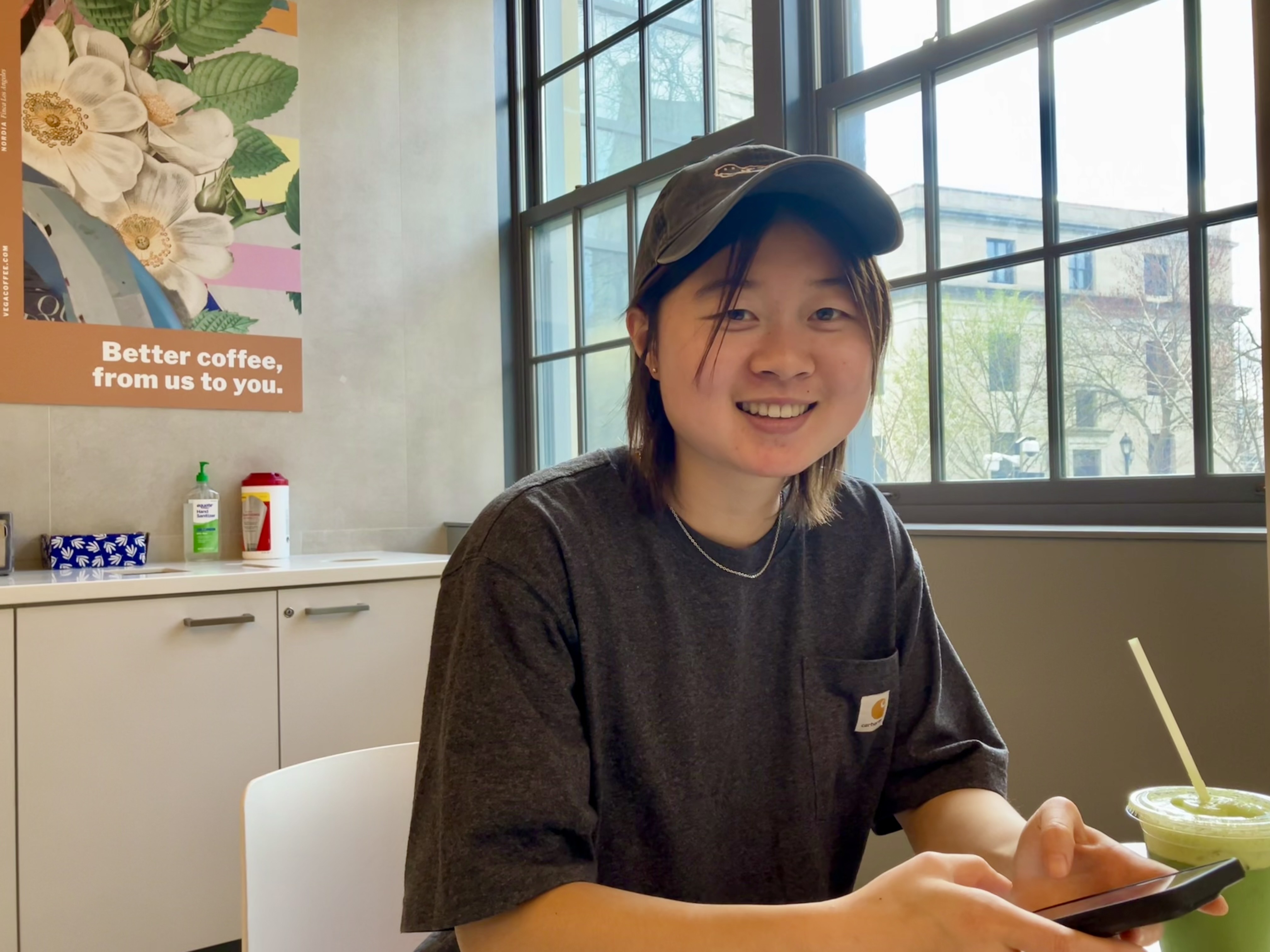Hannah Zhou is a rising third-year majoring in Psychology with a minor in Spanish and an Integrated Marketing Communications certificate. She works in the Social Self Lab with Professor Wendi Gardner.
Editor’s note: Hannah Zhou has previously contributed to North By Northwestern.
Tell me about your SURG topic.
Zhou: Masculine defensiveness, although this is the first time it’s being coined, is definitely a phenomenon that has occurred. Masculine defensiveness is essentially white fragility, but the sexist version. My study is looking at whether a masculine defensive response changes how bystanders, A.K.A. the participants, view or judge the sexist event. My study has four conditions. One of them is a woman talking about a sexist workplace event that occurred, but she does not explicitly say that it’s sexist. The second version is the same kind of anecdote but this time, she calls it out as sexist. Then in the third version, she’s talking about this with her guy friend, and her guy friend is not supportive and is saying, ‘Oh my God, that’s terrible, but not everything terrible is sexism.’ Then the fourth condition is like, ‘Oh my God, that’s terrible, that was definitely sexism.’ At the end, we’ll have a bunch of different rating questions. Participants don’t know that it’s about masculine defensiveness and sexism. They think it’s about stressors. We’ll see if they themselves are prompted to say, ‘Oh, she experienced a sexist event.’ Our hypothesis is that women are going to be more steadfast in saying that it’s sexism no matter what. We’re trying to see basically the impact of that, but mainly on men because we’re assuming that women will probably be less likely to buy into masculine defensiveness.
What is the end goal of this research?
Zhou: This is actually still a topic that isn’t very well researched. So I’d say this is only the beginning and just trying to answer questions little by little. This is only one step in a longer process of other studies that are probably going to be done to learn more about masculine defensiveness. Maybe I can also present the findings at a psych talk or something like that. Initially I was trying to create my own project. But as someone who has never had any research experience and wasn't working very closely with the graduate students on their projects, I really didn't know what that would look like. And so, I was doing the science research workshop, which is offered by the undergraduate research office. Because I was struggling so much, I essentially asked the lab, ‘Do you have anything that you would like me to help on rather than me creating something new?’ So that's why I got into that. My main goal is just to get more experience doing my own projects, seeing if I want to do research in the future, graduate school, things like that.
Meet the other SURG Recipients!
